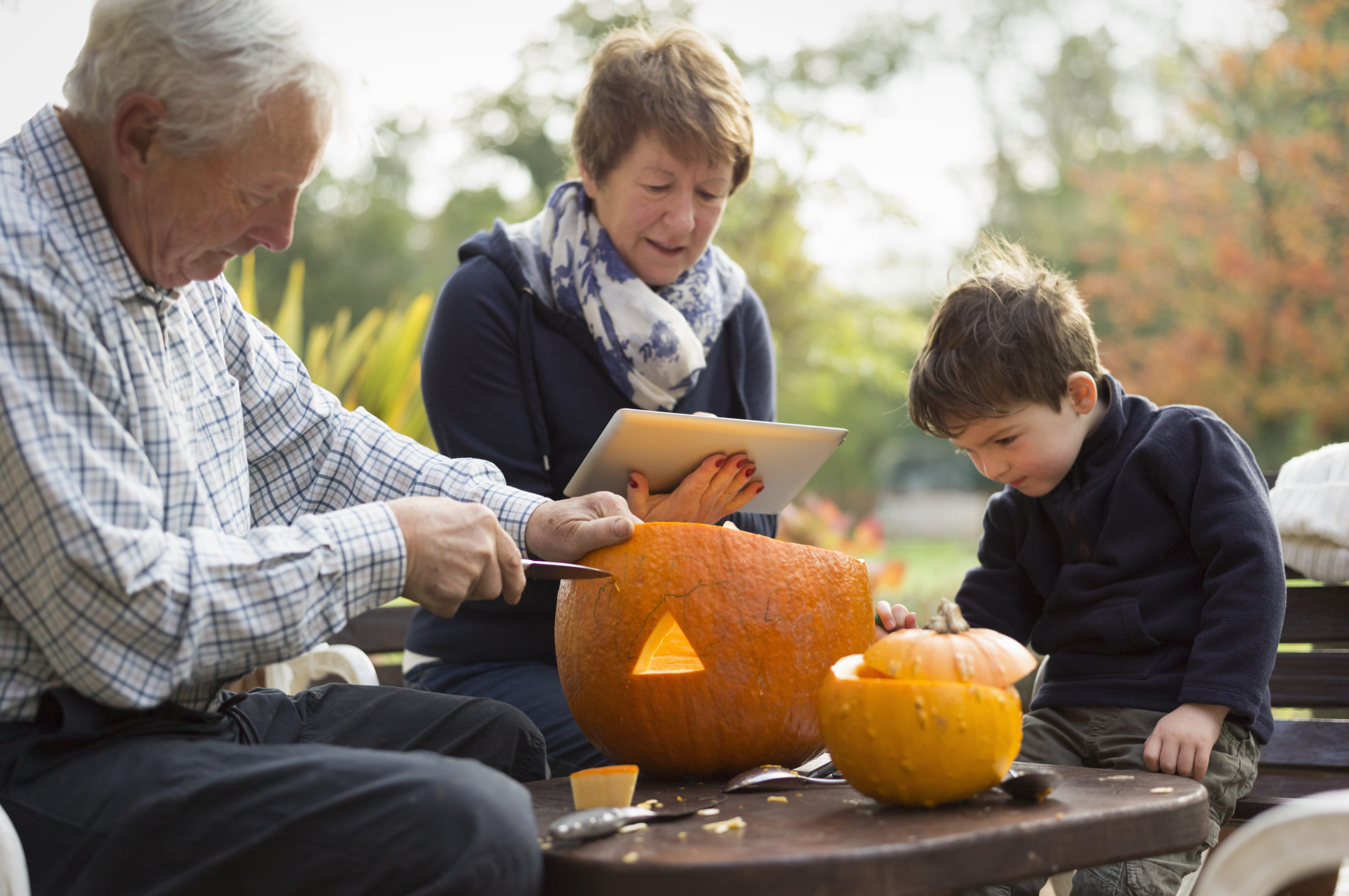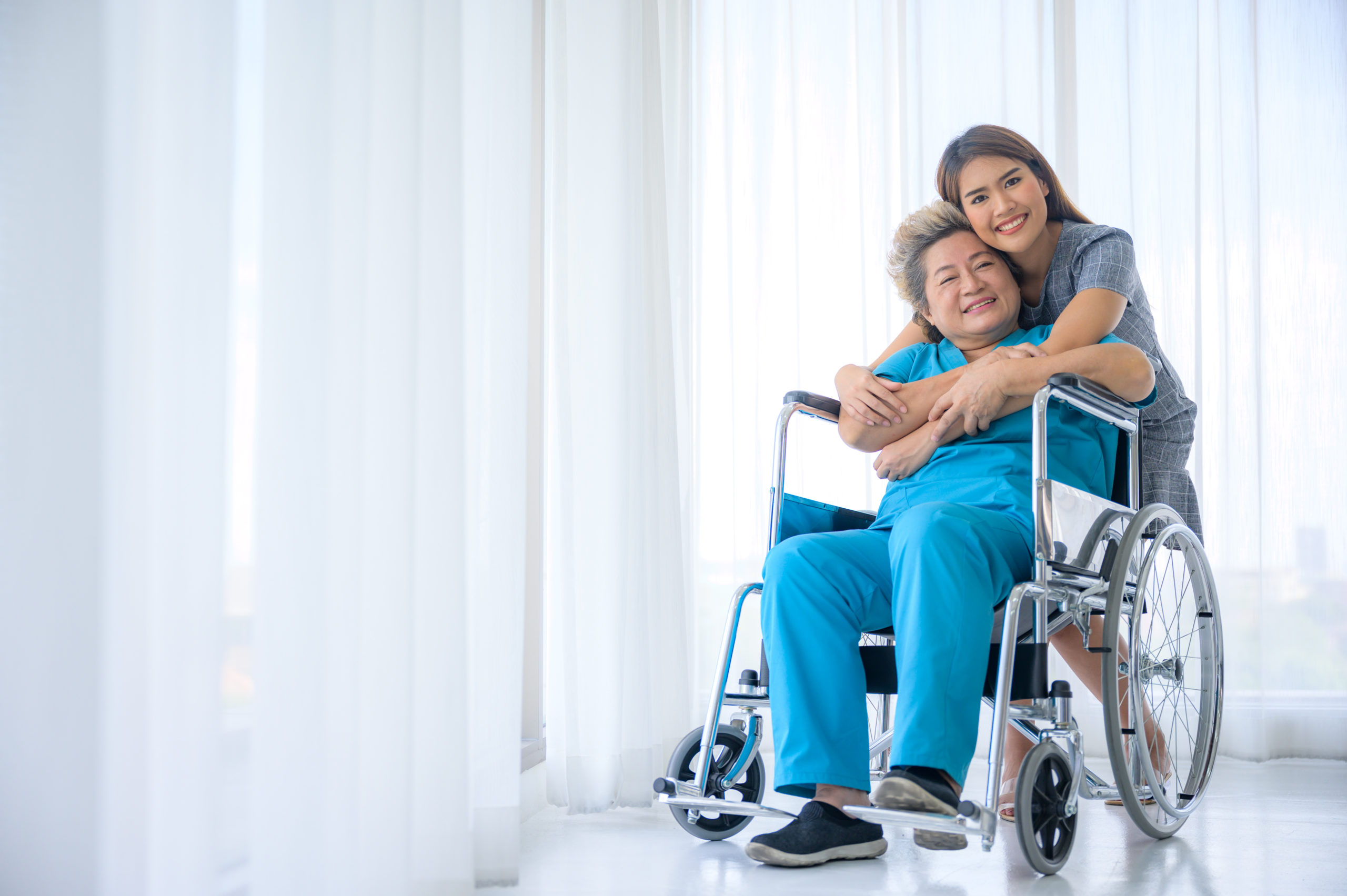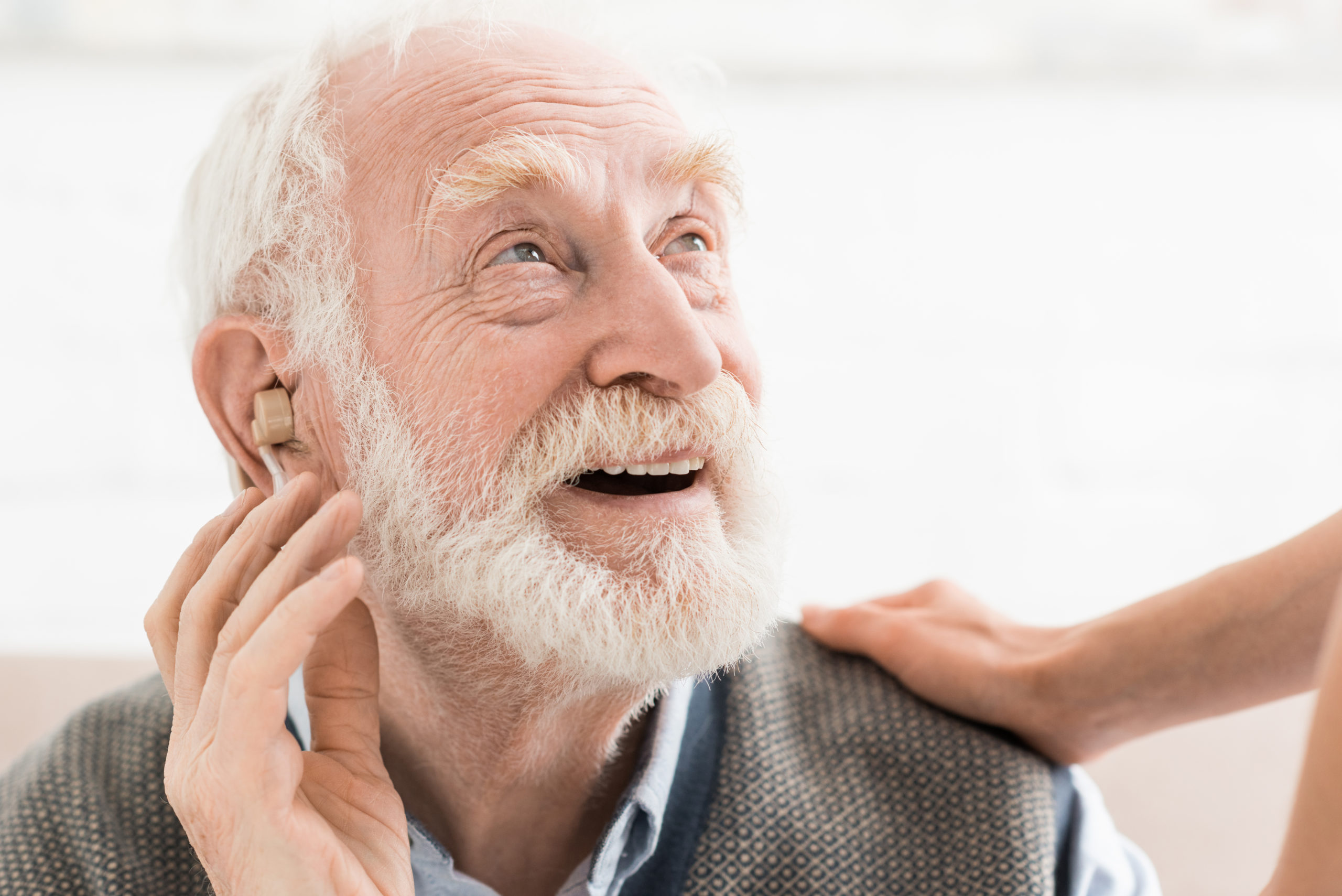Homecare Indian Land SC
 When you know what types of symptoms to watch out for when it comes to Alzheimer’s disease, it’s easier to get your elderly loved one the help that she needs in order to live a fuller life.
When you know what types of symptoms to watch out for when it comes to Alzheimer’s disease, it’s easier to get your elderly loved one the help that she needs in order to live a fuller life.
Problems with Daily Activities
Elderly loved ones developing Alzheimer’s disease may start to have issues performing everyday activities that have never been a problem before. Issues like forgetting whether she’s eaten or not or being unable to make a recipe that she’s made seamlessly for years are some of the types of problems to watch for. These types of events are normally ones that your loved one has always done and now somehow is confused by.
Personality, Mood, and Behavior Changes
Another symptom that you’re likely to run into is that your loved one’s behavior, mood, and even personality can change completely. Having no reason to swing from happy to sad abruptly, for example, or becoming withdrawn when she’s always been outgoing are some of the signs that might alarm you.
Trouble with Language
Sometimes your loved one may seem to have trouble following your conversation or have difficulty coming up with the right words. In some cases, the simplest words might be the ones eluding her. Your loved one might develop difficulty reading or she might need extra help determining context when she’s reading.
Trouble with Judgment
Many elderly loved ones with Alzheimer’s disease find that they have difficulty making appropriate decisions. This might show up most obviously when she’s driving, for example, or when she chooses completely inappropriate clothing for the weather. Your loved one may argue more frequently, especially when she’s defending a bad decision.
Inability to Discern Time or Place
People suffering from Alzheimer’s disease may find that they lose track of time easily. This could be time of day, of course, but they’re also likely to lose track of what day it is or even what month or year it is. Your loved one may also find herself in a normally familiar location and suddenly not know where she is. This can make driving or traveling by herself particularly dangerous.
You can also ask your loved one’s elderly homecare providers and other family members what types of symptoms they’ve seen if you’re not sure exactly what you’re seeing.






